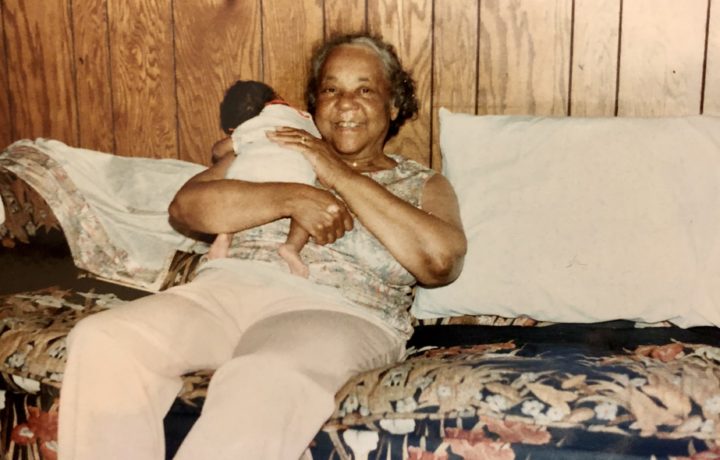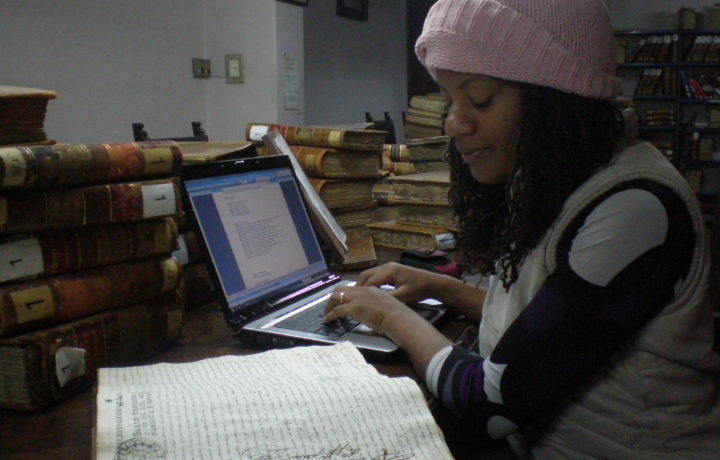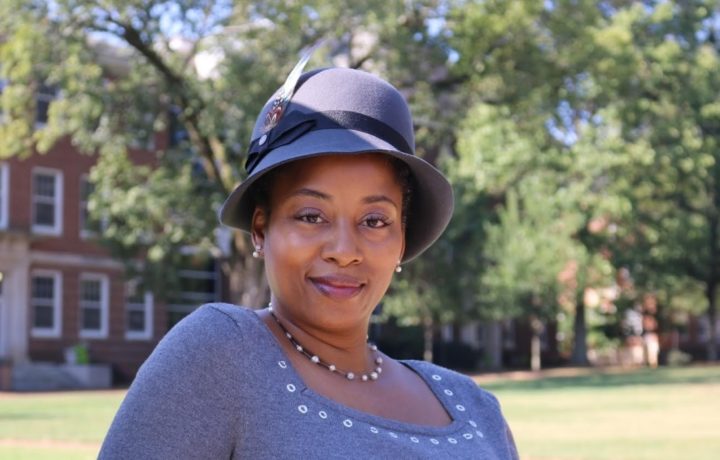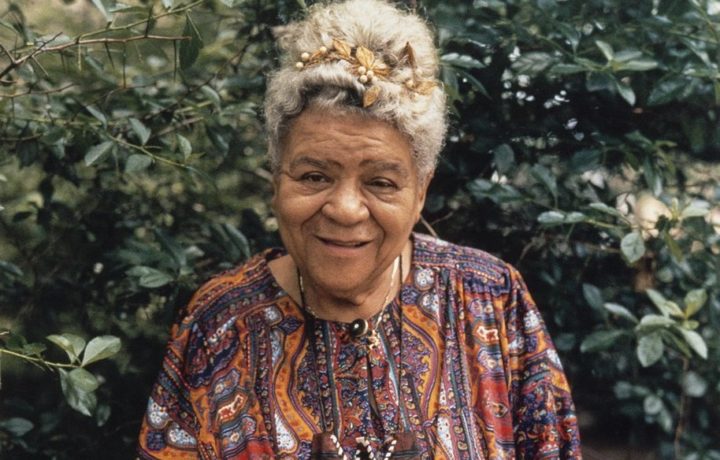New York City’s Ethical Culture Fieldston School used a photo of an African American woman instructing one of the school’s students during the early 1930s as part of a “centennial narrative on inclusion.” Use of the image, taken by photographer Lewis Hine, gave the impression that the school had an African American teacher on staff. The teacher, Mildred Louise Johnson, was a student in their Teacher Training Department (TTD). Prior …
Beth Howse: The Pricelessness of an Archivist
Behind every archival find is an archivist. Beth Howse was mine. If, for more than four decades until her passing in September 2012, you were ever a researcher in the Special Collections and Archives at Fisk University’s John and Aurelia Hope Franklin Library in Nashville, Tennessee, the name Beth Madison Howse is no stranger to you. A fourth-generation Fiskite, her maternal great-grandmother Ella Sheppard entered the Fisk Free Colored School …
The Haunting of the Archives
Toward the end of my undergraduate studies I stumbled (literally) into a sign that would drastically alter my destiny. As a night out with friends drew to a close, I walked into a historical sign marking the sight of where the former North Carolina Eugenics Board (NCEB) had held its bimonthly meetings. That sign haunted me in the days and week after. I wanted to uncover the story of the …
Unita Blackwell’s Afro-Asian Internationalism
Unita Blackwell first traveled to China in 1973 with Shirley MacLaine in a delegation of women to record the documentary The Other Half of the Sky. Based on a quote by Chairman Mao Zedong concerning gender equality in China, the film intended to understand and record the lives of women in Communist China. Born into a sharecropping family in rural Mississippi in 1933, by the time of this initial trip, …
Ann Barramont’s Petition to Sell: St. Vincent, 1791
Rarely have the colonial archives ever mentioned a Black Carib woman, let alone contained a document detailing her individual experience.

Oma’s Garden: Home Archives and a Black Woman’s Interior Life
Black women in archives are more than property, visitors, or employees. We are stakeholders. The stakes are even higher when the archive resides in our home

When the Archive Imitates Life: Research in Argentina
In particular the stares did not stop nor did the fascination that an American black woman actually wanted to mine their archives.

Yoga Journal Tried It: Social Media, Publication, and the Ethics of Citing Black Women’s Intellectual History
Several Black women historians, including Deborah Gray White, Ashley Farmer, and over a dozen scholars who presented at the 40thAnniversary Symposium of the Association of Black Women Historians (ABWH) have written about race, gender, and the archive. Recently, these discussions became personal for me when Yoga Journal published pictures from the Library of Congress showing Rosa Parks practicing yoga, without citing my archival research that brought this amazing story to light. In December 2018 at the …

Shining the Light Just Right: Reconstructing the life of “Queen Mother” Audley Moore
One of the twentieth century’s most prominent and prolific activist-intellectuals, Audley Moore was ever present, her ideas and activism forming key infrastructure of the twentieth century Black Freedom Movement.
Call for Essays: Black Women and the Archive
Call for Essays: Black Women and the Archive Description: Members of the Association of Black Women Historians probably know better than most about the challenges, inequities, and frustrations that accompany archival research. At the same time, each one of us has had that research altering find, that reclamation of a sister or a part of history that not only had been long lost, forgotten, or ignored, but that likely ended up …